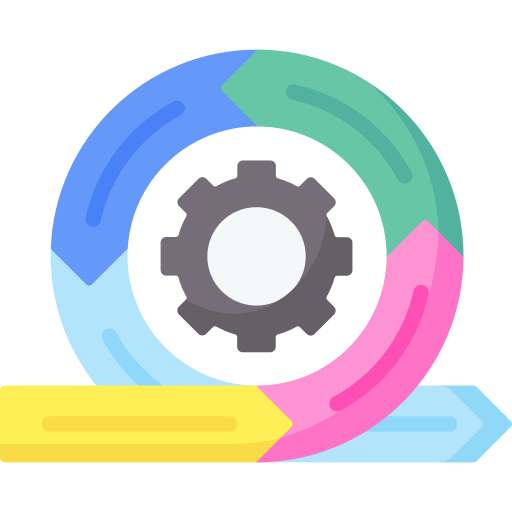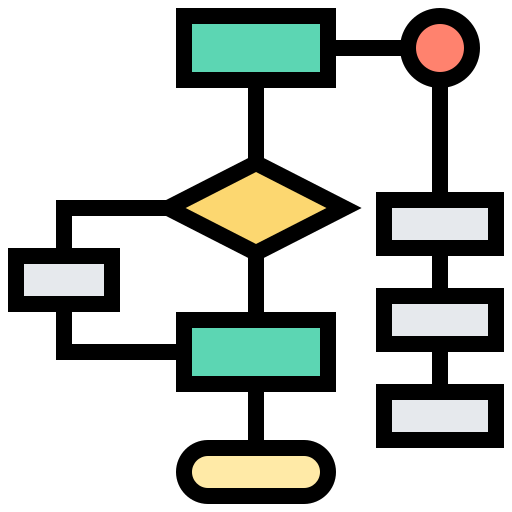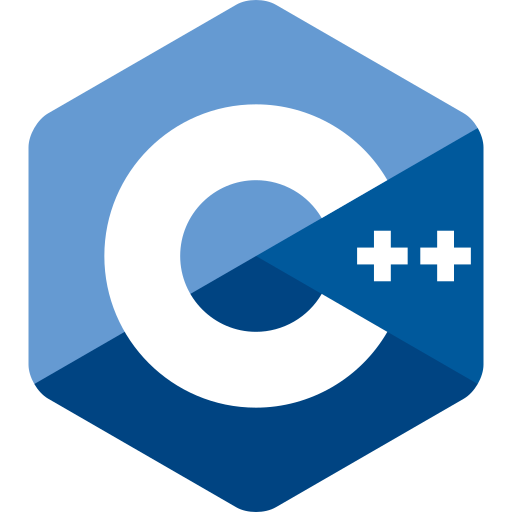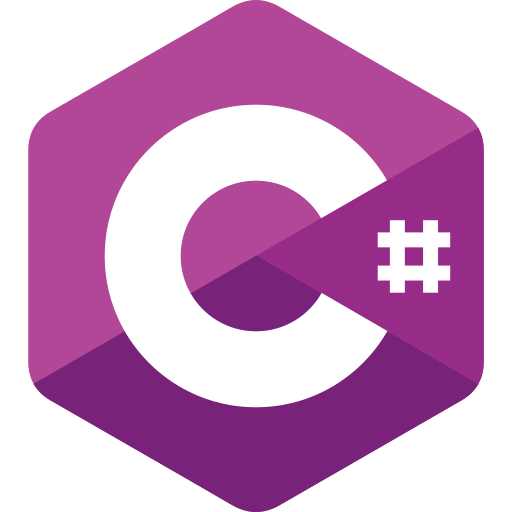HTTP 418: I'm a teapot
The server identifies as a teapot now and is on a tea break, brb
HTTP 418: I'm a teapot
The server identifies as a teapot now and is on a tea break, brb
Debugging Memes
Debugging: that special activity where you're simultaneously the detective, the criminal, and the increasingly frustrated victim. These memes capture those precious moments – like when you add 'console.log' to every line of your code, or when you fix a bug at 3 AM and feel like a hacking god. We've all been there: the bug that only appears in production, the fix that breaks everything else, and the soul-crushing realization that the problem was a typo all along. Debugging isn't just part of coding – it's an emotional journey from despair to triumph and back again, usually several times before lunch.

 AI
AI
 AWS
AWS
 Agile
Agile
 Algorithms
Algorithms
 Android
Android
 Apple
Apple
 Bash
Bash
 C++
C++
 Csharp
Csharp















